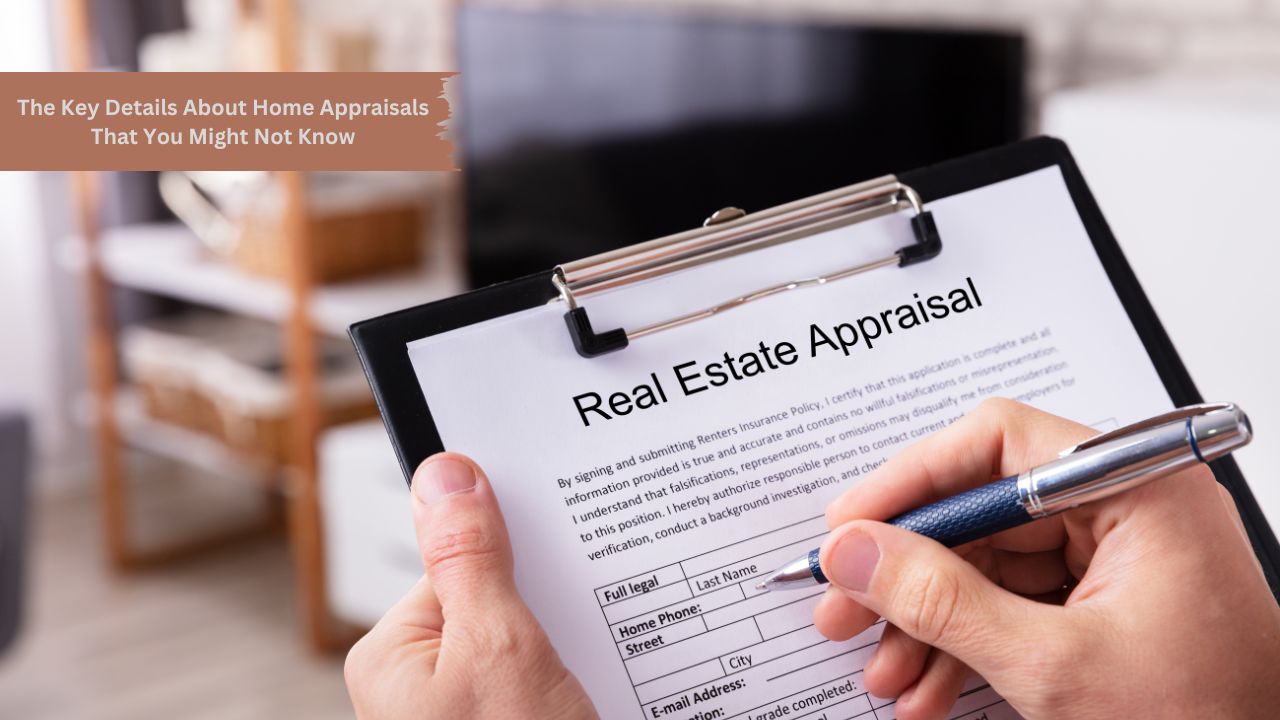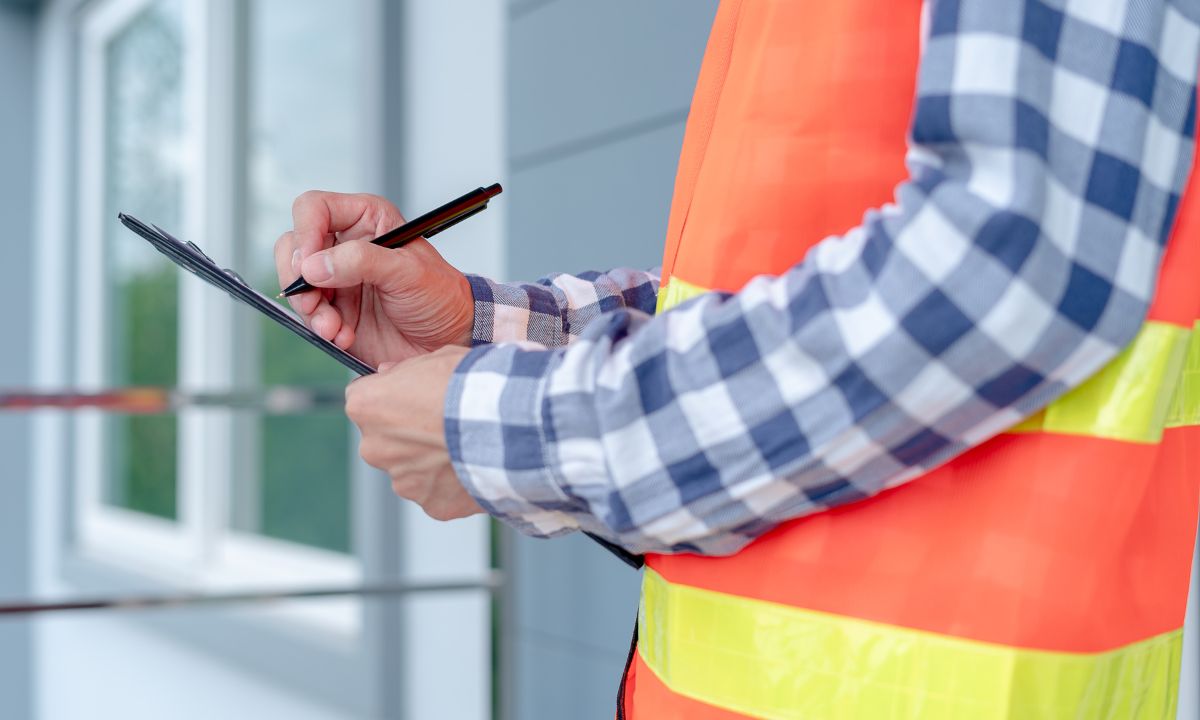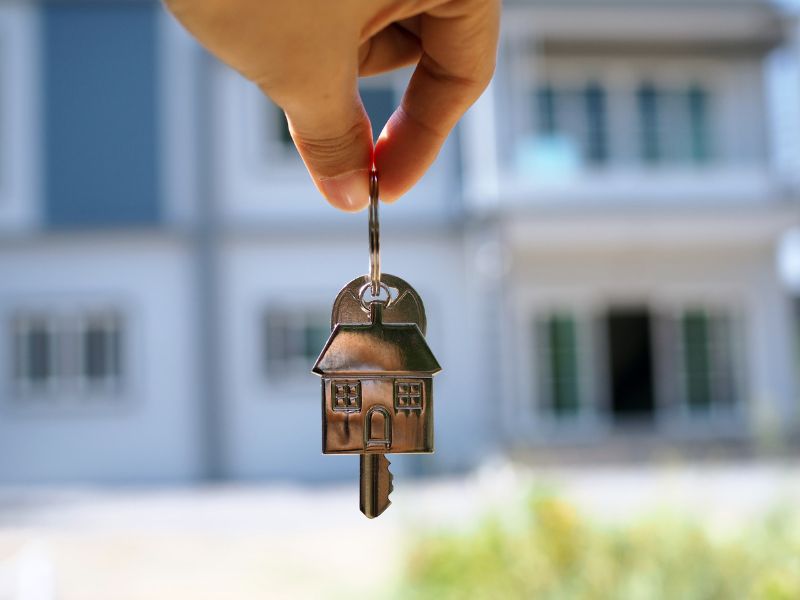The Key Details About Home Appraisals That You Might Not Know
 A home appraisal is a critical step in the buying, selling, or refinancing process, yet many people don’t fully understand how it works or what factors influence it. Whether you’re a buyer, seller, or homeowner looking to refinance, here are some key details about home appraisals that you might not know.
A home appraisal is a critical step in the buying, selling, or refinancing process, yet many people don’t fully understand how it works or what factors influence it. Whether you’re a buyer, seller, or homeowner looking to refinance, here are some key details about home appraisals that you might not know.
1. Appraisals Are Different from Home Inspections
Many people confuse appraisals with home inspections. While both assess the condition of a home, an appraisal determines the home’s fair market value, whereas an inspection focuses on identifying potential issues or necessary repairs. Lenders require appraisals to ensure the loan amount aligns with the property’s worth.
2. Appraisers Use a Comparable Sales Approach
To determine a home’s value, appraisers analyze recent sales of similar homes in the area (comps). Factors like square footage, location, upgrades, and market trends play a role. If there aren’t enough comparable sales, the appraisal may be based on a cost or income approach instead.
3. A Low Appraisal Can Impact Your Loan
If an appraisal comes in lower than the agreed purchase price, buyers may have to renegotiate with the seller, pay the difference out of pocket, or walk away from the deal. For refinancing, a low appraisal can mean you won’t qualify for the loan amount you need.
4. Homeowners Can Boost Their Appraisal Value
Small improvements, such as fresh paint, minor repairs, and enhanced curb appeal, can positively impact an appraisal. While appraisers focus on objective factors, a well-maintained home with modern upgrades can make a difference in perceived value.
5. You Can Challenge an Appraisal
If you believe an appraisal is inaccurate, you can dispute it. Providing additional comparable sales data or pointing out overlooked features can sometimes lead to a revised valuation. However, the process requires solid evidence and lender approval.
6. Market Conditions Influence Appraisals
Appraisals are affected by local market trends. In a seller’s market, rising home prices can lead to appraisal gaps, while in a buyer’s market, lower demand may result in more conservative valuations. Staying informed about market conditions can help set realistic expectations.
Understanding the Appraisal Process
Home appraisals play a crucial role in real estate transactions. Whether buying, selling, or refinancing, knowing how appraisals work can help you navigate the process more effectively and avoid surprises.
 When it comes to selling a home, it is a common belief that once the offer is accepted, there is nothing else to be negotiated. However, issues and obstacles that can arise during the home inspection can be a cause for discussion with the seller. Whether you’re currently searching for houses or your offer has already been accepted and you’re preparing for the next step, here are some tips in the event that the home inspection isn’t up to par.
When it comes to selling a home, it is a common belief that once the offer is accepted, there is nothing else to be negotiated. However, issues and obstacles that can arise during the home inspection can be a cause for discussion with the seller. Whether you’re currently searching for houses or your offer has already been accepted and you’re preparing for the next step, here are some tips in the event that the home inspection isn’t up to par. Do you ever dream about a larger, roomier, or more luxurious living space? Or perhaps just want to experience the joy of owning your own home and building your net worth instead of renting? Let’s explore a few questions that can help to answer whether or not you’re ready for a new lifestyle as a homeowner.
Do you ever dream about a larger, roomier, or more luxurious living space? Or perhaps just want to experience the joy of owning your own home and building your net worth instead of renting? Let’s explore a few questions that can help to answer whether or not you’re ready for a new lifestyle as a homeowner.